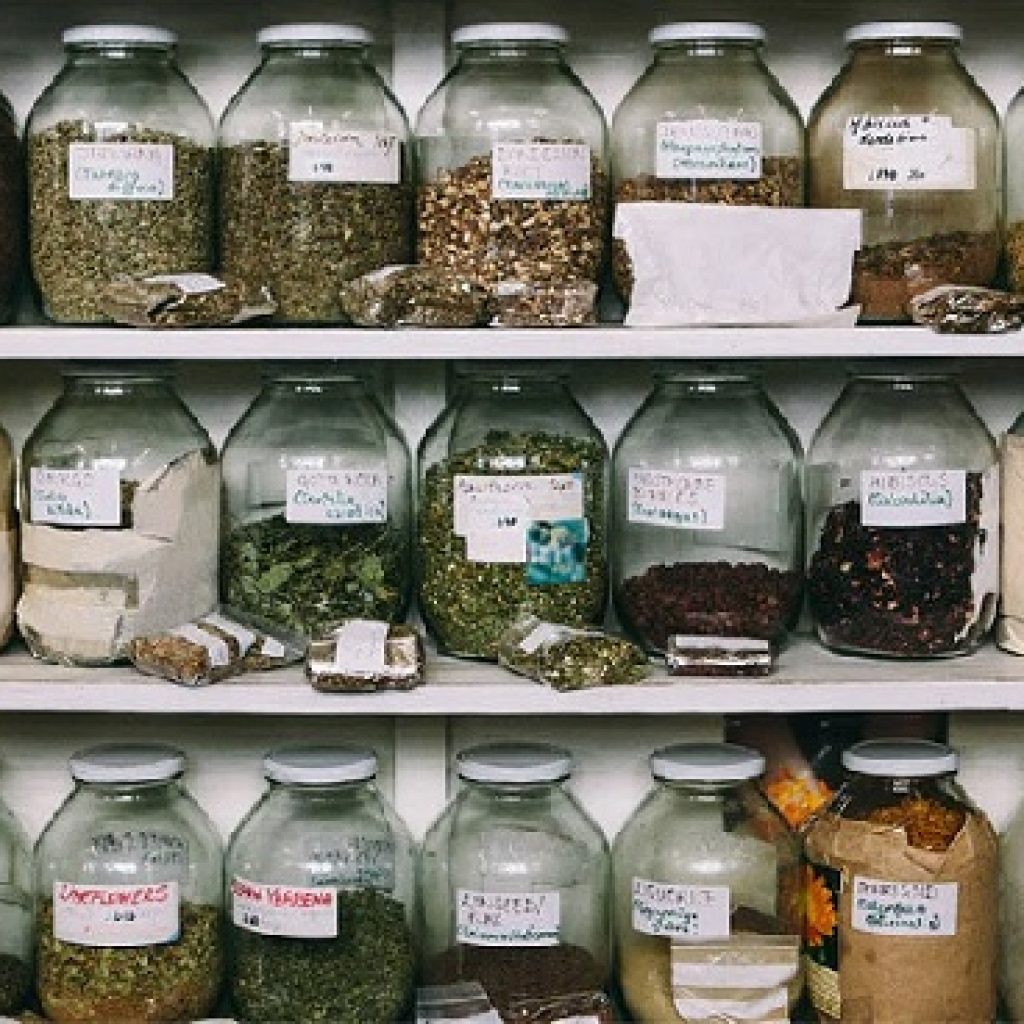Abtvgh / FDA /

The World Health Organisation (WHO) estimates that 70 per cent patients in Ghana use herbal medicine, saying there are significantly higher number of patients seeking traditional remedies compared with conventional treatment.
Studies published in 2022 show that about 60 to 70 per cent of the Ghanaian population depend on traditional medicine, largely herbal medicine for their primary healthcare needs in the management of both communicable and non-communicable diseases.
Evidence for the effectiveness of herbal medicines is generally very limited. Although some people find them helpful, in many cases their use tends to be based on traditional use rather than scientific research.
However, the abuse of herbal preparations is also resulting in a high prevalence of kidney and liver diseases, particularly among the youth.
Herbal medicines are advertised to be free from side effects, which, according to health experts, is a myth. A large number of people still rely on herbal medicines, and some people take herbal medicines along with routine allopathic medicines, especially in cases of diabetes, hypertension, thyroid disease, where the patient is on long-term or lifelong treatment.
Also, because of the influence of religion and greater level of spiritual consciousness, many individuals tend to be increasingly disposed to accepting therapeutic value of a treatment based on faith or intuition rather than scientific reasoning.
There are many sub-standard herbal products available in the market. The reason is that these products are not tested, accordingly, for quality before marketing. Some contain less amount of active ingredient and some do not contain active ingredient at all as a result of incorrect identification of plant by the collector, using adulterant instead of original plant or due to improper storage of plant material, and it loses its efficacy.
Sometimes, the herbal products contain material not defined on label such as non-herb material, minerals, heavy metals, and addition of particular pharmaceutical product.
Occasionally, they may contain toxins and pesticides, which is much more dangerous and one of the major reasons of toxic effects after herbal medicine intake.
In the Saturday, November 18, 2023 issue of the Daily Graphic, the Head of Research and Innovation at the Centre for Plant Medicine Research (CPMR), Dr Kofi Donkor, cautioned the general public that herbal medicines, like any other forms of medicines, were potential poison.
According to him, safety depended on whether they had been approved, and then being taken according to the recommended dosage.
It said although some herbal medicines had promising potential and were widely used, many of them remained untested and their use also not monitored, making knowledge of their potential adverse effects very limited.
The Abtvgh is calling on the populace to tread cautiously in their use of traditional medicine as most of the formulations available are not regulated or studied in the same way as prescription medications and that although there have been studies done to evaluate the claimed benefits of some herbs, most remain unproven.
It is time the health authorities explored how the use of quality-assured traditional medicine can make it easier to provide health care, especially in remote rural areas where conventional healthcare systems are limited.
The paper ascribes to the WHO belief that quality-assured traditional medicine can benefit a large portion of the population as it is the main or even the only source of health care for around 80 per cent of people in Africa.
Also, we caution people against combining herbal therapy with prescription medications as it could increase the potential for interactions and side effects.
The Food and Drugs Authority and the Ministry of Health must ensure that the activities of all herbal product producers are regulated to prevent needless deaths among the populace.
We further call for enhanced education and monitoring to ensure that effective herbal products are used.